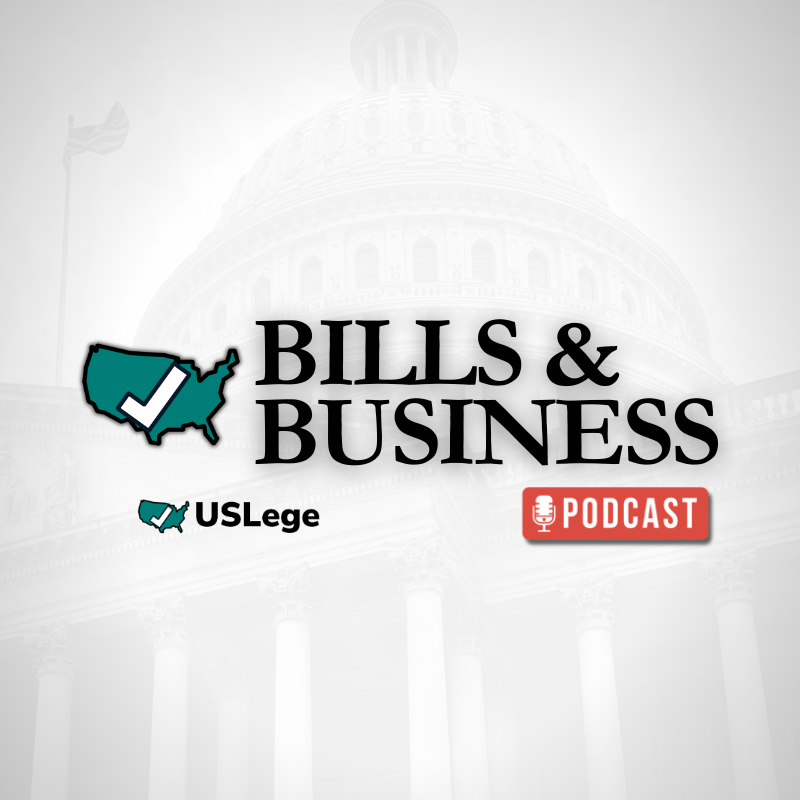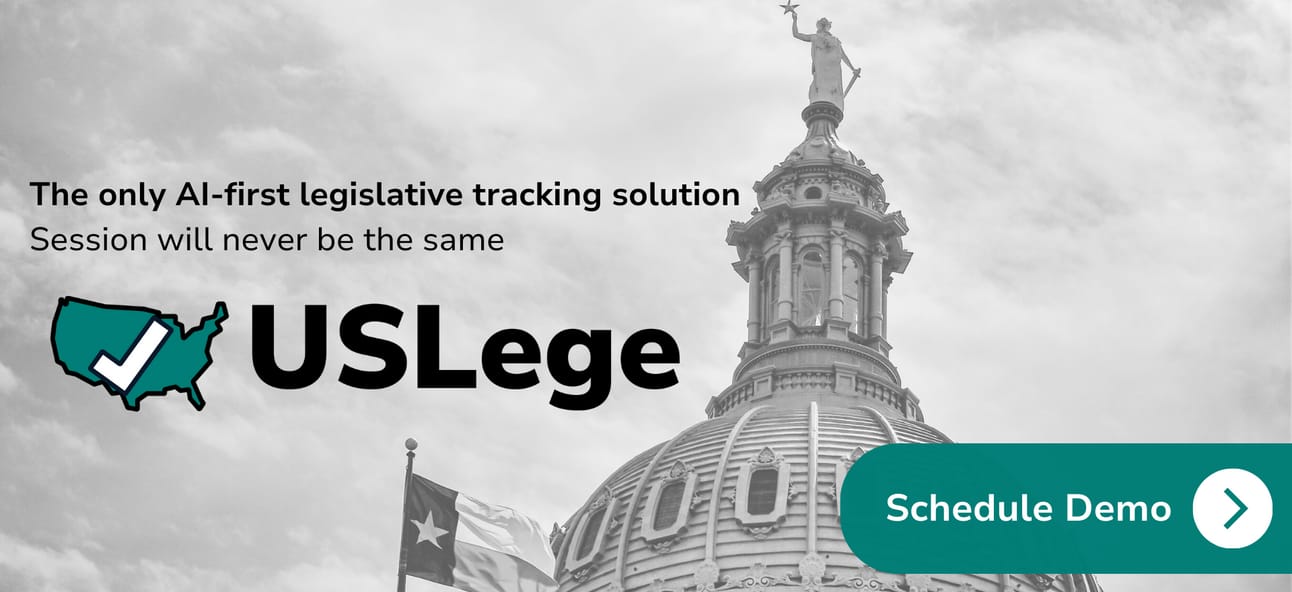
Welcome back, friends
Beginning with the 2025–2026 school year, Texas high school students will likely be required to complete a dedicated personal finance course to graduate, a move aimed at better preparing youth with essential money management skills; the legislation passed with overwhelming bipartisan support and directs the Texas Education Agency to make accessible, no-cost curricula available. Meanwhile, the Texas House approved Senate Bill 22, a $1.5 billion film incentive program designed to boost local production and economic growth, though it faces criticism from some lawmakers concerned about public spending on private entertainment ventures.
Today’s Insights:
HB 27 Heads to The Governor’s Desk, Looking to Make Financial Literacy a Graduation Must
Texas House Passes $1.5B Film Incentive Bill to Grow In-State Productions
HB 27 Heads to The Governor’s Desk, Looking to Make Financial Literacy a Graduation Must
The Legislature has given final approval to HB 27 by Rep. Ken King, which would require high school students to complete a financial literacy course. Beginning with the 2025–2026 school year, students entering ninth grade will need to pass the standalone course, distinct from the previously combined economics and financial literacy model, to satisfy graduation requirements. The revised curriculum will offer more targeted instruction on essential life skills such as budgeting, credit, savings, loans, and financial planning. The Texas Education Agency (TEA) is tasked with supporting implementation by compiling a list of free, open-source curricula that school districts may use. Additionally, the State Board of Education (SBOE) will permit students to fulfill the requirement through an Advanced Placement (AP) course, provided it meets equivalent rigor and content standards.
HB 27 passed the House 140-1 and passed unanimously in the Senate, where it was sponsored by Senator Pete Flores
The final legislation reflected a more structured and prescriptive approach than when it was originally proposed. As filed, the bill would have embedded personal finance more broadly within social studies while encouraging optional electives. As passed by the Legislature, HB 27 establishes personal finance as a separate, standalone course requirement for graduation. The final bill also places a stronger emphasis on curriculum accessibility and cost containment by directing TEA to identify no-cost instructional materials. These changes align with a broader national movement to bolster financial preparedness among students.
Texas House Passes $1.5B Film Incentive Bill to Grow In-State Productions
The Texas House of Representatives voted 114-26 on Monday to approve SB 22, legislation that would allocate $300 million every two years to support film, television, and digital media production within the state. The bill, which now returns to the Senate to consider House amendments, establishes a multi-tiered grant program that awards up to 25% of in-state production spending to qualifying projects. To be eligible, productions must employ a minimum of 35% Texas residents—a threshold that will rise incrementally—and must be approved by the Governor’s Music, Film, Television, and Multimedia Office. Additional incentives are available for projects filming in rural areas, highlighting Texas heritage, employing veterans, partnering with higher education institutions, or completing significant post-production work within the state. The program excludes certain categories such as adult content, political messaging, religious services, and class projects.
Supporters of the measure describe it as a strategic investment in a growing sector that could expand Texas' creative economy, retain local talent, and attract major productions currently drawn to other states with more robust incentives. Critics have expressed concerns over the use of public funds to support private entertainment ventures, arguing the money could be better directed toward other taxpayer priorities. The legislation follows a broader national trend of states increasing film and media incentives to compete for a larger share of domestic production activity, particularly as streaming platforms and independent studios seek cost-effective filming environments.
We hope you enjoyed today’s read!
🤝 Texas Venture Forum & Gala May 28–29

USLege is headed to the Texas Venture Forum & Gala May 28–29, sponsoring, speaking, and podcasting live from the floor. Join us for the conference and gala at the intersection of tech and government.
🎙️Check Out Our Podcast! 🎙️

Bills and Business is your go-to podcast for conversations related to Texas legislation and business. Hosted by Laura Carr, Co-Founder of USLege—an AI-driven legislative tracking software—we bring you in-depth analysis on economic trends, impactful legislation, and key developments shaping Texas business.
Subscribe on Youtube, Apple Podcasts, and Spotify for weekly episodes!
🔍 USLege - The Only AI-First Political Tracking Solution ✨
USLege helps you track legislation and find what you need faster from bills, committee hearings, floor debates, and state agency meetings faster.
Say goodbye to tedious tasks!
🤝 Texas Association of Business 📈

Texas Association of Business (TAB) is the Texas State Chamber, representing companies of every size and industry. TAB’s purpose is to champion the best business climate in the world, unleashing the power of free enterprise to enhance lives for generations.
Achieve More With Limited Resources: 15 Small Budget Success Stories
Strategic marketing doesn't require enterprise-level spending. Our latest case studies reveal how 15 small brands achieved remarkable outcomes through creativity and smart resource allocation.
Innovative tactics that delivered exceptional ROI with minimal investment
Strategic approaches that helped small teams compete against industry giants
Data-driven techniques for maximizing impact when resources are limited
Looking for ways to stretch your marketing budget further? These 15 mini case studies show exactly how these small brands made such big waves without breaking the bank.
